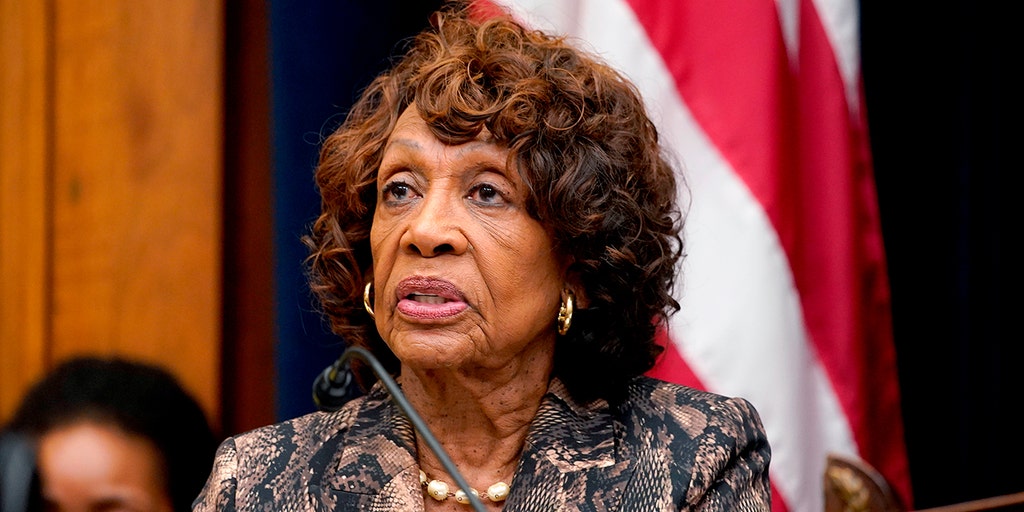Crypto Clash: Democrats Erupt, Accuse Trump of Orchestrating Hearing Chaos

In a heated exchange at the House Financial Services Committee, Chairman Rep. French Hill (R-Ark.) stood firm against Ranking Member Waters' objections to the ongoing hearing. Hill's response highlighted the committee's commitment to addressing critical financial oversight issues, demonstrating the ongoing political tension surrounding the committee's proceedings.
The confrontation underscores the deep partisan divides that continue to shape congressional discussions on financial policy and regulatory matters. Chairman Hill's measured yet resolute stance reflects the committee's determination to pursue its investigative agenda, despite challenges from the ranking minority member.
As the debate unfolds, the interaction between Hill and Waters provides a glimpse into the complex dynamics of congressional committee proceedings, where political differences often clash in the pursuit of legislative oversight and policy development.
